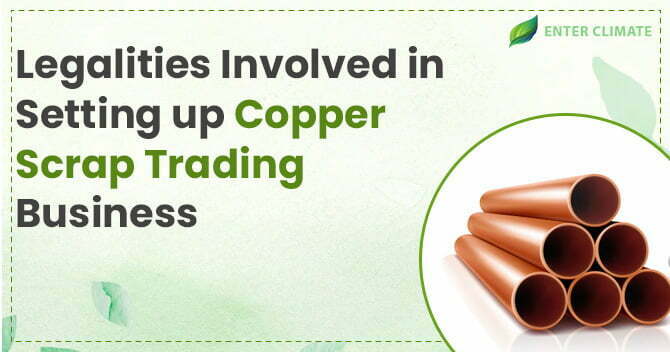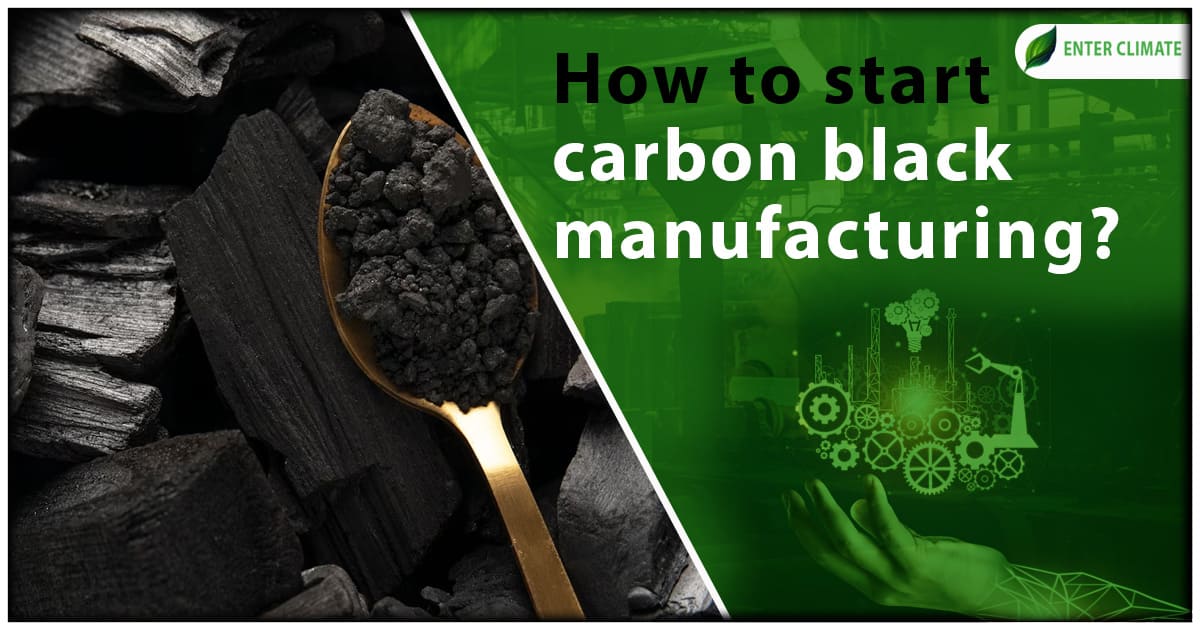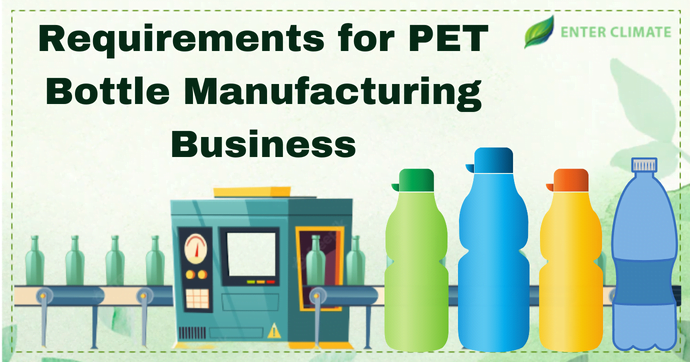Legalities Involved in Setting up Copper Scrap Trading Business
 27 Jul, 2022
27 Jul, 2022 
In India, the demand for copper is met through the domestic production of copper ore, copper concentrate and copper scraps. Copper scrap is collected from various sources like copper smelting and related industries in the form of copper workings. In contrast, old copper scrap is recovered from electrical motors, electronic equipment, cables, wires, utensils, etc. The significant sources of copper scrap are ship breaking, turning shavings, copper smelters, electric motors, radiators and the fabrication industry. Copper scrap is not hazardous, but recycling the metal from e-waste and electric wires involves processing the scrap containing plastic, rubber and chemicals through shredding machines and oil-fired furnaces. Such units may indulge in separation techniques that can emit pollutants into the environment. Therefore, a trader must obtain the necessary certification and NOC from the concerned State Pollution Control Board (SPCB) or Pollution Control Committee (PCC)to complete the legal formalities for copper scrap trading.
Legalities for Setting up a Copper Trading Business
Any copper scrap trading business will first register the facility to establish its legal identity. The legalities to start a copper scrap trade are primarily the NOCs by the concerned SPCB/PCC. Consentcertificates must be obtained from the concerned SPCB/ PCC before starting the operation. Extracting copper from scrap falls under the Orange category in the industry list issued by CPCB. This classification is based on the Pollution Index (PI) score calculated by CPCB for copper extraction units and copper waste recyclers. The consent NOCs are in the form of Consent to Establish (CTE) and Consent to Operate (CTO).
Consent to Establish (CTE)
The concerned SPCB will issue Consent to Establish NOC to a copper scrap trading business after details of the proposed site and requisite planning of the unit. Following documents are required to be submitted to obtain CTE
- Duly filled Application Form
- Electricity Bill and water bill
- PAN Card
- Undertaking in the prescribed format
- Proof of Possession/rent Agreement
- Industry Registration Documents
- layout along with road map/route map
- Any other Document specified in the Application Form
Consent to OperateNOC
A Copper Scrap Trading business must obtain the CTO before starting its operation. A site inspection is done to ensure compliance with effluent emission norms and the installation of pollution control measures. The authorities will issue this NOC only after all issues in the inspection report have been addressed. The following documents are needed for the purpose. Following documents are required for CTO
- Gross Capital Investment Certificate
- A detailed report of the unit like emission and effluent details, solid waste management plan and manufacturing process, including a list of machines.
- Copy of Consent to Establish (NOC) Certificate
- Test Reports for emission/effluents.
- Application fee
- Any other Document specified in the Application Form
MSME Certificate
The traders can register their Copper Scrap Trading Business with the Ministry of Micro, small, and medium enterprises in form of an MSME certificate. The trader can avail of any government scheme and financial aid to further grow their business after registering for MSME/Udhyam Certificate[1].
Legalities in Import and Export of Copper Scrap Trading
- The Hazardous Wastes (management, handling and transboundary movement) Rules, 2008, specifies the list of other wastes applicable for import and export without permission from MoEF&CC.
- The present policy allows importing any form of metallic waste or scrap, as long as it doesn’t contain any hazardous material. Copper is eligible for import and export as copper alloy scraps in metallic and non-dispersible form. The importer also has to show a copy of the contract, which stipulates compliance for import or export of Copper articles, PAN Card and GSTIN are needed along with other entry documents.
- Import in the case of waste or scrap of certain metals like copper and its alloys, under specified entries in the ITC (HS) classification, is permitted in shredded form through all ports without any license. However, a pre-shipment Inspection Certificate from the authorised agencies must be presented to the port authorities.
Opportunities in Copper Scrap Trade
In today’s competitive environment, the scrap trade can promise good returns. A copper scrap trading business requires a relatively easy setup and significantly less capital investment than a start-up. The increase of copper demand in some new-age and booming sectors like solar power production and electronic vehicles require increased quantities of copper and a significant portion is being met by copper scrap. Copper scrap trading businesses are providing traders with excellent profit margins and the demand for the copper business is bound to grow further. There are many advantages of copper metal. Following are some of the opportunities in copper scrap trading
- High Recyclability: Copper is corrosion-resistant, highly durable, malleable and recyclable. It has excellent heat transfer and conduction properties and can form alloys quickly. Such metallic properties are seldom found in any other metals. Therefore, no alternative has been able to replace copper. Aluminium is being used up to an extent, but it hasn’t been able to check all the boxes. More than 90 % of the copper is recyclable from copper scrap and this value is further increased if copper purification methods are applied along with the scrap trading business. In this way, a copper scrap trader will always be floating in profits.
- Cost Effective Practice: Copper does not lose its chemical properties when recycled, favouring its reuse. Recycled and purified copper is worth up to 90% of the cost of the mined copper. Recycling also keeps the cost of products that uses copper as raw material down as recycling of copper uses 15 % of the energy used to mine and extract the same copper. Today, recycled copper accounts for around 33% of the world’s copper consumption. Copper’s recycling rate is also higher than any other metal. Nearly as much copper is recovered from recycling each year, as from mining in the country.
- Support from the Government: Indian Government recently announced the Non-Ferrous Metal Scrap Recycling Framework, 2020, which covers non-ferrous metals like Copper to promote the recycling and uptake of scrap from the market. The Indian government also cut down the import duties on copper scrap by half in February 2021, to 2.5% in its Union Budget. All these incentives will further strengthen the demand the copper scrap in the country.
- Future Demand: The demand for copper is expected to get a boost from the growth of renewable energy sectors like wind and solar power production, which uses more copper in their equipment than conventional equipment. The market for Electric Vehicles is also witnessing growth and would inflate the copper’s demand.
Conclusion
The Indian Government is likely to shift its focus on copper metal scrap because of the polluting nature of copper smelting units used to extract copper from ores. Smelting has severe environmental impacts because of excess waste like sulphur dioxide, slag, and wastewater. Copper Smelting industries aggravate the pollution levels. On the other hand, the copper demand in India is expected to grow by 6-7% due to the increased thrust of the government towards “Make in India” and “Smart City” programmes. Copper scrap trading businesses can fulfill this increase in demand. Authorised copper scrap trading businesses can utilize this opportunity to convert waste into wealth.
Read our Article: Top E-Waste Management Techniques in India: An Overview












